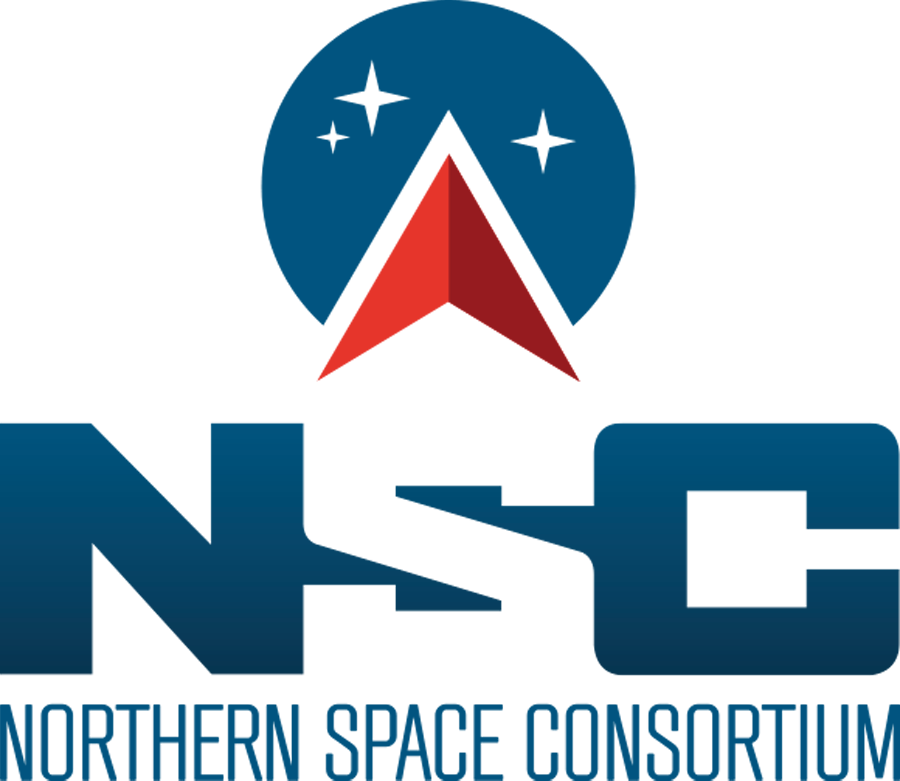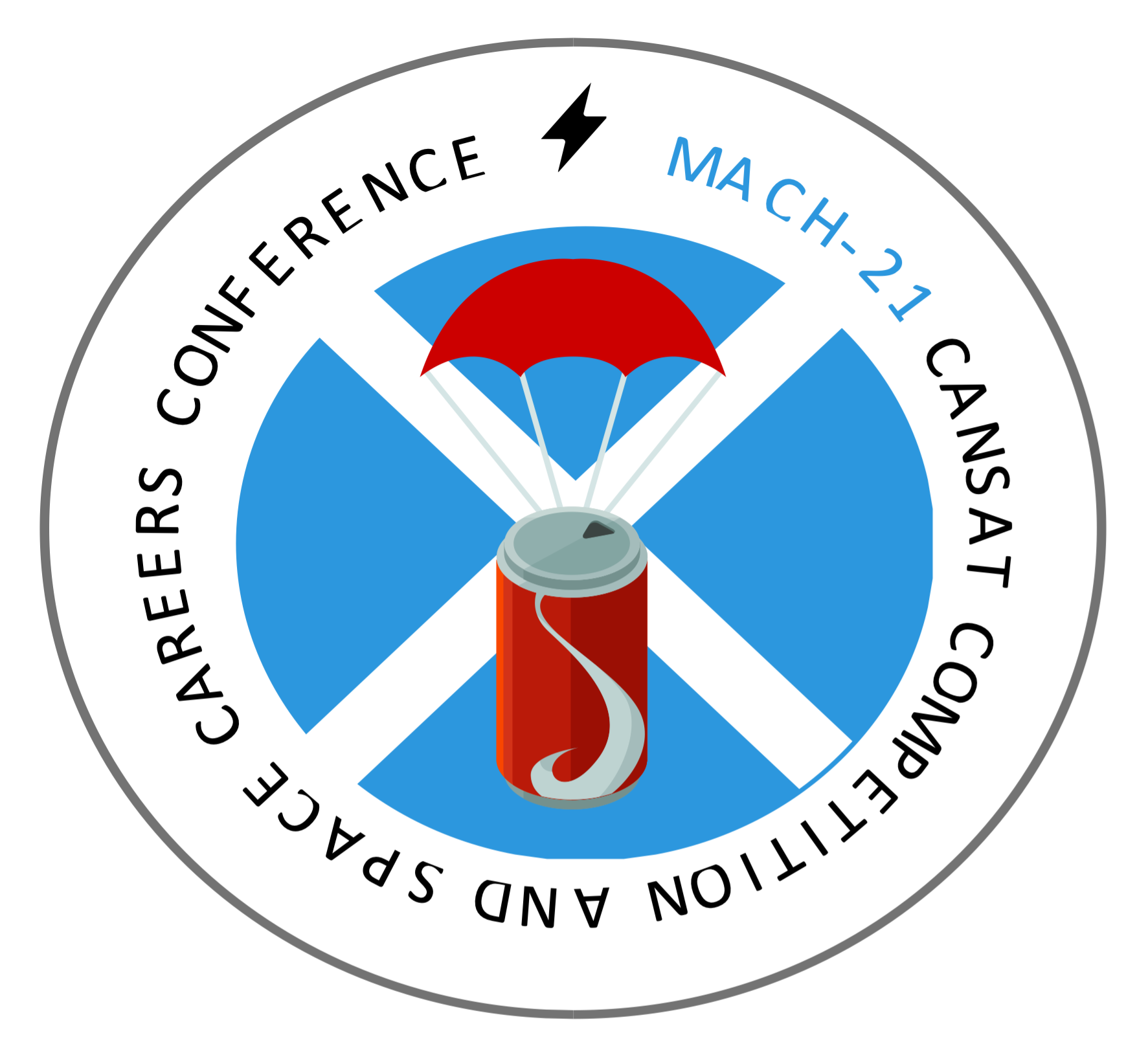MACH-21 was a CanSat Competition and Space Careers Conference for undergraduate students that took place from the 14th to 16th July at the Machrihanish Airbase in Scotland. The event was arranged by Discover Space UK, a joint venture between UK Launch Services Limited and the Machrihanish Airbase Community Company and the Northern Space Consortium was happy to lend it’s support at various stages in the competition.
Student teams had to design and build a CanSat (a small satellite about the size of a drinks can) that would be launched and the success of the satellite would be measured. The CanSats were launched by UK suborbital launch company Gravitilab Aerospace Services.
There were two sizes of CanSat, the Peake Cansat measuring 66mm by 160mm and the Sharman CanSat measuring 115mm by 160mm. In total there were 11 teams, 5 built Peake Cansats and 6 built Sharman Cansats.
The students arrived at Machrihanish on the 14th July for a site introduction and welcome dinner. The CanSat launches took place the next day followed by a networking dinner where the winners were announced. The University of Edinburgh were the winners with the Open University and Nottingham University coming second and third respectively. There were also awards for Safety, Creativity in Design, Most Ambitious Design and Post Flight Presentation. Finally there was a Space Careers Conference on Friday the 16th with a wide range of industry professionals participating in person and virtually.
As this was the first time that this event had been arranged the organisers initially were looking for volunteers to help out throughout the overall event and the NSC was able to put them in contact with some of the University of Manchester students who had relevant experience. As a result of this NSC Chairman Bob Morris was invited to attend the student teams design reviews that were held virtually in April and was also one of the guest speakers at the Space Careers Conference at the end of the event.
Bob commented “This event was a great opportunity for students to develop a whole range of skills from the practical design and build of a small satellite and then participating in a launch and measuring the results. As well as this they had to learn to work as a team and also had the opportunity to meet and network with industry professionals. I understand that there will be a MACH-22 event next year and would strongly recommend that any students in our region interested in working in the space industry participate in it.”
For more information on MACH-21 contact bob.morris@TheNSC-UK.com

